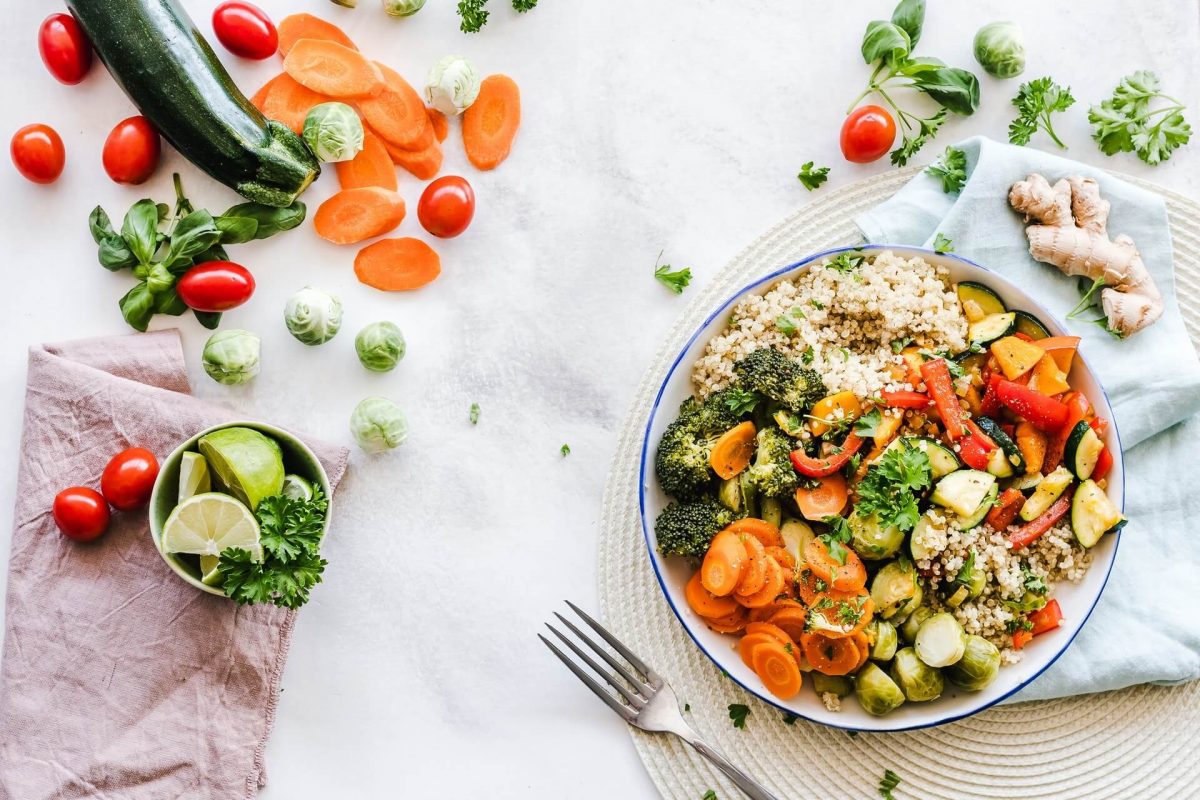Gluten free diets seem to have a ton of health benefits—if you avoid these 3 common pitfalls.
If you’re among the 3 million Americans who have a gluten allergy or sensitivity, you know firsthand how devastating that little protein can be on your body. From rashes to cramps and even leaky gut syndrome, gluten allergy can wreak havoc when left untreated.
But you don’t need to have a gluten allergy to reap the benefits of a gluten free diet.
Ditching gluten can reduce joint pain and even combat arthritis, according to Arthritis.org. Going gluten free might also reduce systemic inflammation and the risk of chronic illness, although more research is needed. Not surprisingly, getting rid of gluten one of the first suggestions nutrition coaches make when a new client wants to look and feel better.
However, going gluten free isn’t always easy. Here are 6 ways a gluten free diet can actually derail your pursuit of good health.
1. Those gluten free “alternatives” might do more harm than good.
Gluten free alternatives to your favorite cookies, breads, and pastas are often made with acellular carbohydrates. This is a relatively new class of carbs that is dense and typically low in fiber.
Worse yet, they haven’t been around long enough to know how they impact longevity. According to research, eating a lot of these types of foods can have adverse effects on your metabolism and gut health.
2. Gluten free products usually contain corn, and that’s not a great thing.
Studies suggest corn is one of the most contaminated foods in our food supply, which can significantly increase your exposure to mold and mycotoxins.
So, check your food labels. Consider buying alternatives to any gluten free product containing corn, especially those that contain high fructose corn syrup.
3. Another gluten free staple is rice, which increases your risk of heavy metal exposure.
Rice is typically a delicious alternative to breads, pastas, and other foods that contain gluten. But the way rice grows might make it more dangerous. According to this study on gluten free products and heavy metals, “rice readily absorbs arsenic and mercury and can accumulate the toxins in the bran” as a result of industrial runoff and pollution.
Tips for Going Gluten Free
Now that we’ve sounded the alarm, let’s shift gears. Here are a few ways to proactively practice a health gluten free diet.
Choose gluten free whole foods over processed ones.
Whole foods like fruits and vegetables are a great alternative to gluten free breads, pastas, and other processed foods. Instead of chicken with rice or pasta, try the same dish with fresh pineapple, cashews, and broccoli. Rather than eating a panini, serve those same melted meat/cheese/toppings over a fresh bed of lettuce, spinach, or mixed greens.
Or, make your own fresh trail mix with almonds, walnuts, and dried berries to enjoy while having movie night at home—instead of gluten free chips, popcorn, or cookies.
Whole foods are delicious and offer a wide range of tastes. All you need is a little creativity and willingness to try something new.
For more ideas, visit Drperlmutter.com for a full list of gluten free whole foods.
Read labels (or better yet, avoid them entirely).
As a general rule of thumb, try to find food without a nutrition label. Like those fresh, delicious, and nutrition whole foods we covered above. Even better, find those foods at a local farmer’s market.
When you need to buy something in a box, always ready the Ingredients label. On most packages, you can find it right beneath the Nutrition Label where calories and major nutrients are listed. In addition to avoiding gluten, look for (and avoid) things like corn, corn syrup, rice, and rice flour.
For a full list of ingredients to avoid, check out this infographic from the Cleveland Clinic.
Stay hydrated and detox often.
Staying hydrated is essential for good health. So is proactively detoxing from things like heavy metals. Heavy metal exposure is more common that you might think, whether from rice, tuna, or some other consumer product. Fortunately, there are ways to proactively flush metals from your system.
Eating foods like cilantro, garlic, wild blueberries, spirulina, green tea, and chlorella seems to help protect against heavy metal exposure. Although more research is needed, these foods have immense health benefits and are worth eating even if they do not protect against heavy metals.
Find a health coach who specializes in Gluten Free Diets.
Sometimes, it’s best to speak with a coach who can help you navigate the uncertainty of major life changes. Coaches can also help you find doctors, nutritionists, and other licensed professionals who can safely fast-track your fitness goals.
Learn more about coaching by visiting our Nutrition Coaching page.

